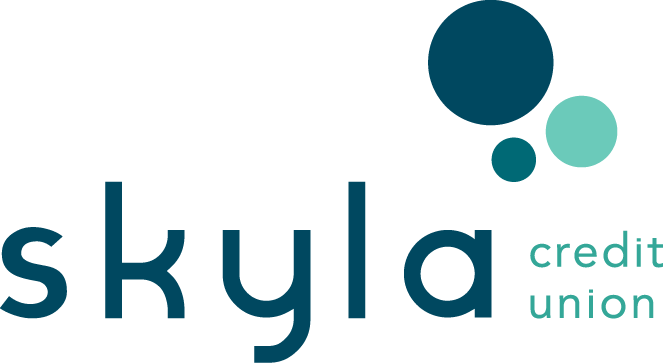How Much House Can I Afford?

When you're considering buying a house, one of the first questions you might ask is "How much house can I afford?" This is a valid question and there are many factors to consider when trying to determine this!

If you're crunching the numbers yourself and you've included your current total monthly debt payments + the salary you bring home month to month, then you're on the right track. But there's more that you have to consider like upfront costs, closing costs, and ongoing costs.
Here, we'll cover rules and best tips if you want to buy a house but aren't sure you can afford it. I would hate for you to jump into buying a home and find yourself house poor Where most of your paycheck goes to your home leaving little to no room to cover other expenses. . So, if you're ready to paint a realistic picture of how much house you can afford - keep reading!
Psst... I'll also provide our mortgage calculator so it'll be easier to determine the figures yourself.
take a quick look at what we'll cover
|
|
 how much house can i afford?
how much house can i afford?
This is a question that many people ask themselves when they are considering buying a house. There are several factors that go into determining the answer to this question, and the amount of house you can afford will ultimately depend on your personal financial situation. That being said, there are a few general guidelines that can help you to get an idea of how much you may be able to afford. Here's where you can start:
- Calculate your take-home pay: This is the total amount of money you earn each month before taxes and other deductions are taken out.
- Estimate your monthly expenses: Once you have your gross monthly income, you'll need to estimate your monthly expenses. This includes things like your mortgage payment, insurance, food, utilities, and any other regular bills that you have.
- Determine your cash flow: After subtracting your monthly expenses from your gross monthly income, you will be left with your monthly cash flow. This will give you an idea of how much money you have left over each month after all of your bills are paid.
If you like, give our mortgage payment calculator a whirl.
what determines how much house i can afford?
your current income and debts
When supplying documents to the lender, proof of income will be required. Lenders like to see that your income is enough to cover new mortgage payments and other costs. So, they may require at least 30 days of your most recent pay stubs. They'll want to verify that your proof of income is true. So, you may also be asked to bring W-2 forms and tax returns.
For debt, your total monthly debt and expenses which include car payments, student loan payments, credit card payments, child support, and other expenses come into play.
your credit score
Your credit score is also important, as it will affect the interest rate you qualify for on your home loan. The higher your credit score, the lower your interest rate will be.
Psst... depending on the mortgage, you don't have to have a superb credit score. There are mortgages that have flexible requirements like accepting credit scores as low as 500. You can learn more here.
the type of loan you're considering
There are many different types of mortgages available and each one has its own set of qualifications. Some may require a down payment and others don’t. But the other loans may require the borrower to pay private mortgage insurance and other fees. For example, the USDA loan doesn’t require the borrower to make a down payment when getting the loan but there’s a 1% fee that could be paid for by the lender or the borrower. And there's an annual fee of 0.35% of the loan amount.
If you’re weighing costs, it’s always best to know the type of mortgage you’re considering that way, you’re prepared to pay any additional costs that might come with it.
the down payment you're able to make
When getting a mortgage, in most cases, a down payment may be required. This is the portion of the purchase price that you pay upfront, and it's typically between 3% and 20% of the total purchase price.
The size of your down payment will play a big role in how much house you can afford. A larger down payment results in a smaller monthly mortgage payment because you are borrowing less money.
Psst... It's A-O-K if you prefer not to make a down payment. There are ways you can get a mortgage without making one.
your monthly expenses
When you're house hunting, it's important to keep your monthly expenses in mind. Your mortgage isn't the only bill you'll have to pay - you'll also need to factor in things like property taxes (escrow), insurance, and repairs. As a result, your monthly expenses play a big role in determining how much house you can afford. If your monthly expenses are high, you'll need to be careful not to overextend yourself financially.
On the other hand, if your monthly expenses are low, you may be able to afford a pricier home. In either case, it's important to factor your monthly expenses into your house-hunting budget.
All these things will come into play when a lender is trying to determine how much they are willing to lend you. They'll also be used to calculate your debt-to-income ratio (DTI).
 what is a debt-to-income ratio (dti)?
what is a debt-to-income ratio (dti)?
When lenders review your debt, they'll review your debt-to-income ratio (DTI). It measures how much of your monthly income is spent on debts (such as car payments, credit card bills, etc.)
To calculate your DTI, simply divide your monthly debt obligations by your monthly income. For example, if you earn $3,000 per month and have monthly debt obligations of $900, your DTI would be 30%. Generally speaking, a higher DTI may make it more difficult to qualify for a mortgage or to get the best mortgage terms.
Plus, a high DTI can make it more difficult to qualify for a mortgage and may result in a higher interest rate. However, there are ways to lower your DTI, such as paying down current debts or increasing your income.
To help lenders determine your financial status, they use the front-end and back-end DTI. Psst... this is where the 28%/36% rule comes into play.
QUICK TIP: Knowing your DTI is an important part of the mortgage process and can help you get the best possible deal on your home loan. |
what's the 28%/36% rule?
The front-end DTI is calculated as housing expenses which include principal, interest, taxes, and insurance. This is divided by your gross income. And the Back end DTI calculates your other debts and loan payments.
Lenders usually prefer borrowers to have a 28% front-end DTI and prefer borrowers to not exceed 36% on the back-end DTI.
28% of your gross monthly income should go towards your housing expenses which include principal, interest, taxes, and insurance. And 36% should go towards the rest of your other debts and loan payments.
If you have funds left over it could be placed in savings or reserved for other expenses like groceries, home décor, dining out, travel, etc. It's up to you! Psst... If you're planning to buy a home, I suggest saving any extra funds you have. It may come in handy if an emergency occurs. You might need it to make a down payment or need to cover other expenses.
QUICK TIP: There are programs available for borrowers with high DTIs. So, if you're concerned about your DTI levels, our Mortgage Loan Officers are here for you. You can send an email, give us a call at 704.375.0183 x 1525, or visit any of our branches. |
 how can i improve my home affordability?
how can i improve my home affordability?
If a house is unaffordable, there are things you can take to improve your chances of affording a house down the line. These steps include:
- Improve your credit score: An important step to increasing your credit score is knowing what's on your credit report. By law, consumers can check their credit reports for free once a year.

- Minimize debt elsewhere: Minimizing debt or keeping your debt balances low could also help increase your credit score. But minimizing debt can make it possible to afford a home.
- Make a bigger down payment: A bigger down payment can help by decreasing the amount of money you need to finance.
- Increase your savings: In the article "How Do I Start Saving for My Goals?" I talk about cutting your spending and start saving which I know is easier said than done, but you're not alone here. There are ways you can lower a phone bill, car insurance, cable bills, and more. Click below for some helpful tips.

- Increase your income: I know this is easier said than done, but there are a few ways to increase your income. One way is to get a higher-paying job. Another way is to make additional streams of income. For example, you could start freelancing or pick up a side hustle.
- Look for a more affordable home: If you're having trouble finding a home within your budget, it might be time to look for a more affordable option.
ready to receive some real numbers?
Our Mortgage Loan Officers can help! You can send an email, give us a call at 704.375.0183 x 1525, or visit any of our branches.
As the Content Specialist and author of the Learning & Guidance Center, Yanna enjoys motivating others by uncovering all that's possible in the world of finance. From financial tips and tricks to ultimate guides and comparison charts, she is obsessed with finding ways to help readers excel in their journey towards financial freedom.
more resources for your home buying journey
How Do I Choose the Best Mortgage Product for Me?
Unsure of which mortgage product is best for you? Here's a breakdown of each type of mortgage, so you can make the best decision for your unique situation.
6 min. read
What Do I Need to Qualify for a Mortgage?
Since there's more than one mortgage product it's understandable to ask what you'll need to qualify. Here we'll break down the DTI, credit score, and more.
3 min. read
 Learn Mortgage Basics
Learn Mortgage Basics
Here we'll uncover essential mortgage terminology and principles.
 Assess Your Budget
Assess Your Budget
Let's determine your home-buying budget based on what you can afford.
 Calculate Mortgage Affordability
Calculate Mortgage Affordability
Learn how to allocate income towards a mortgage responsibly.







.png)